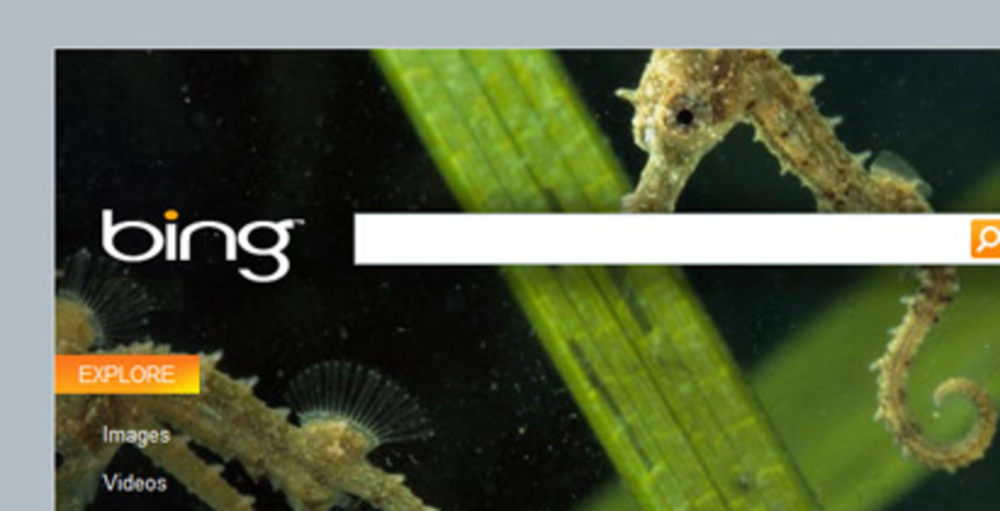On June 3, Microsoft will replace Microsoft Live Search with its new search engine, Bing. The new portal, which the company describes as a “decision engine,” emphasizes categorization and depth in search results in an attempt to compete with Google for market share and, subsequently, ad dollars.
Google currently rules the sector with a commanding 64% share of searches, with Microsoft at 8%, according to ComScore.
“Delivering more relevant search results to consumers may help advertisers deliver better targeted ads,” a Microsoft spokesperson, who declined to be named, told DMNews in an e-mail.
She added that paid inclusion would not influence natural algorithmic results. “All sponsor ads are clearly marked, and the user interface has been designed to be transparent in identifying sponsored vs. organic results,” she explained.
“I think if Microsoft does this the right way, there will be a great deal of advertisers that will want to take part in it, especially if their messages can be delivered to people that are looking for it,” said Mark Simon, VP of industry relations at Didit.
David Berkowitz, director of emerging media and client strategy for search agency 360i, agreed, saying the new engine’s design may keep consumers using it.
“Traditionally, the search experience has been getting consumers to the end result very quickly — that means hitting the ‘back’ button a lot and clicking around a lot,” he said.
For search marketers, the potential for a significant amount of searches shifting to Bing — increasing competition among the search engines — affects costs and, ultimately, ROI, Simon added.
“If we have the ability to place [clients’] ads on a variety of publishers or search engines where there’s competition, that’s better for everybody,” he noted.
Reports have speculated that Microsoft will spend $80 million or more to market the new engine, showing that the company is making a serious move to draw consumers. The company’s CEO Steve Ballmer did not confirm this amount when announcing the launch of the engine, but did note that he “gulped” when approving the campaign.
“The campaign is broad to address the many channels our customers take advantage of,” the Microsoft spokesperson said. “Over the course of the campaign, you will see online, print, television, out-of-home and radio advertising in select markets.”
JWT, which has been identified as Microsoft’s agency for this campaign, did not return a request for comment by press time.
If the campaign and user experience successfully convince consumers to stay with Bing , the search landscape could be altered significantly, said Shar VanBoskirk, VP and principal analyst for Forrester Research.
“I think this boosts Microsoft from 8% of searches to 25% to 40% of searches,” she asserted. “I would say marketers should get involved now, but not because there will be a burst that will fall off. I think it’s going to get more expensive as people stay on this site.”
VanBoskirk warned that it’s not necessarily Google that has to fear a large incursion from Bing, but rather Yahoo, the engine for which Microsoft launched a much publicized, but eventually unsuccessful, takeover bid last year. Yahoo currently boasts 20% of all searches, according to ComScore.
“Yahoo has been caught between whether it is a curated experience [like Bing] or a utilitarian one [like Google] and, consequently, it’s neither,” she explained. “I think consumers will gravitate toward one or the other, maybe even using Google for one type of search and Bing for another, leaving Yahoo dangling in the middle.”
The solution for this, VanBoskirk added, is for Yahoo to concentrate on the display space. “Yahoo should say, ‘OK, we’re going to invest in our display business, because no one else is paying attention to that medium and we can exploit that,’” she said.







